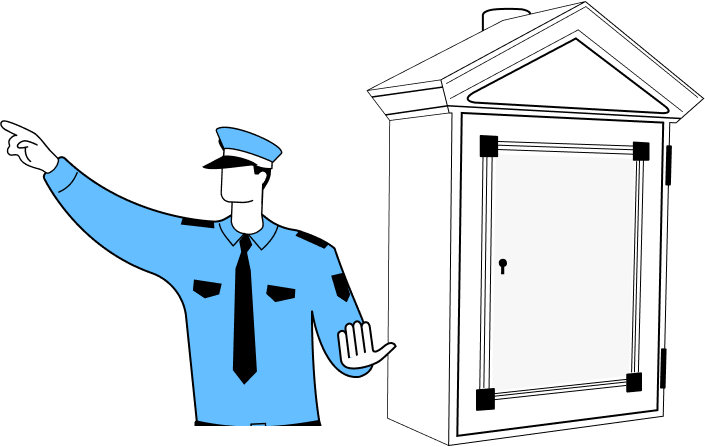I Was Wrong
I was wrong. Last week, yesterday, and today, I was wrong. I guarantee I will be wrong again tomorrow too.
I have been wrong a lot and in a variety of ways. Sometimes I am wrong because I misunderstood what was being asked of me. Sometimes because I missed a key point. Sometimes I am wrong because I did not adapt my thinking instead of sticking with what I always thought. And sometimes I am wrong because I acquiesced when I should have stuck with my original position.
In many ways, I think that being wrong so often has contributed more to my development as a person than when I have been right. I’ll try to explain.
Because I have been wrong so often, I have gotten better at identifying my mistakes and limiting the damage they can cause. As an example, when I was young, I tended to be wrong more often because I didn’t listen to more experienced people and I didn’t value outside opinions as much as my own. Now, when I am wrong, it is very rarely because I didn’t listen to others or failed to collaborate.
Because I have been wrong so often, I have accelerated my self-improving tendencies. I am more aware of my flaws and shortcomings because of the number of times I had to acknowledge that I was wrong. This increased awareness has helped me to address those flaws and shortcomings more directly and over a shorter amount of time.
Because I have been wrong so often, I have found that I work even harder to make good decisions. I don’t like being wrong. It is only natural for me to try harder to avoid a situation that does not suit me. Additionally, when I am progressing through key aspects of a decision, I know what mistakes to avoid because of my awareness of what I have previously done wrong.
At this point, you may be asking how I could possibly continue to be wrong so much when I am concentrating so heavily on limiting my mistakes and learning from previous shortcomings. Fair question. Simple answer.
I continue to be wrong everyday because being wrong is a byproduct of making things happen. I know that I cannot possibly be right about anything of any import if I have not been wrong before, without, of course, an extreme amount of luck.
Don’t get me wrong, I consider myself an extremely fortunate person. I do not, however, take my good fortune for granted and I certainly don’t build luck into any of my decision making. On the contrary, I make my decisions with as much purpose as I can muster and I typically do so counting on the fact that luck, to the extent it is present at all, is not going to favor me in that particular outcome. Doing so makes my decisions sharper and more focused on the things that I can control and influence.
Over time, I have also realized that my awareness of how often I am wrong has contributed greatly in my effort to be empathetic and considerate of others. Acknowledging that I am wrong requires a certain amount of introspection and reflection on my part. It invariably includes an exercise on what I might have missed or what I can do better the next time. If I am in that mindset, I am better prepared for my interaction with others.
If I already know that I have been wrong before, I am less likely to jump to conclusions about other people and their opinions and decisions. This leads to higher quality discussions and interactions with others because I am more open minded before, during, and after. I often learn something of value, and I gain appreciation for alternative viewpoints and perspectives.
Another benefit of being wrong is that I…wait, I just realized that I am two thirds into this stream of consciousness, and I haven’t stopped talking about myself. Here I am discussing the importance of self-improvement, empathy, and collaboration and I have solely focused on me. Please forgive me.
Now, about you. You’ve been wrong too, a lot. The better question is what have you done about it? Have you acknowledged it all along? Have you made it a point to learn from being wrong, to use what you’ve learned to implement improvements in your decision making?
Or, have you been spending your time throwing up smoke screens and defending your thoughts and actions without regard to how fair or correct they were?
If you’ve been wrong and continue to be wrong on a regular basis, good for you. Let’s talk. I am certain I will learn something from you and we’ll probably have a great conversation.
If you truly want to make your mark as a friend, as a parent, in a career of your choosing, and as a responsible decision maker, you are going to have to make things happen. When you make things happen, you are often going to have to effect change and, when you effect change, you will almost always meet with resistance and skepticism.
If you already know that the change you seek always begins within yourself, you will be well prepared to listen, to collaborate, and to absorb alternative views on your way to making things happen.
In this context, don’t you think that we would make much more meaningful progress as a society trying to move forward if we all took the time to talk about when we’ve been wrong and what we are doing about it instead of spending so much time trying to convince everybody how right we are and how wrong they are?
Scott Arney
Chief Executive Officer
Chicago Patrolmen’s Federal Credit Union






